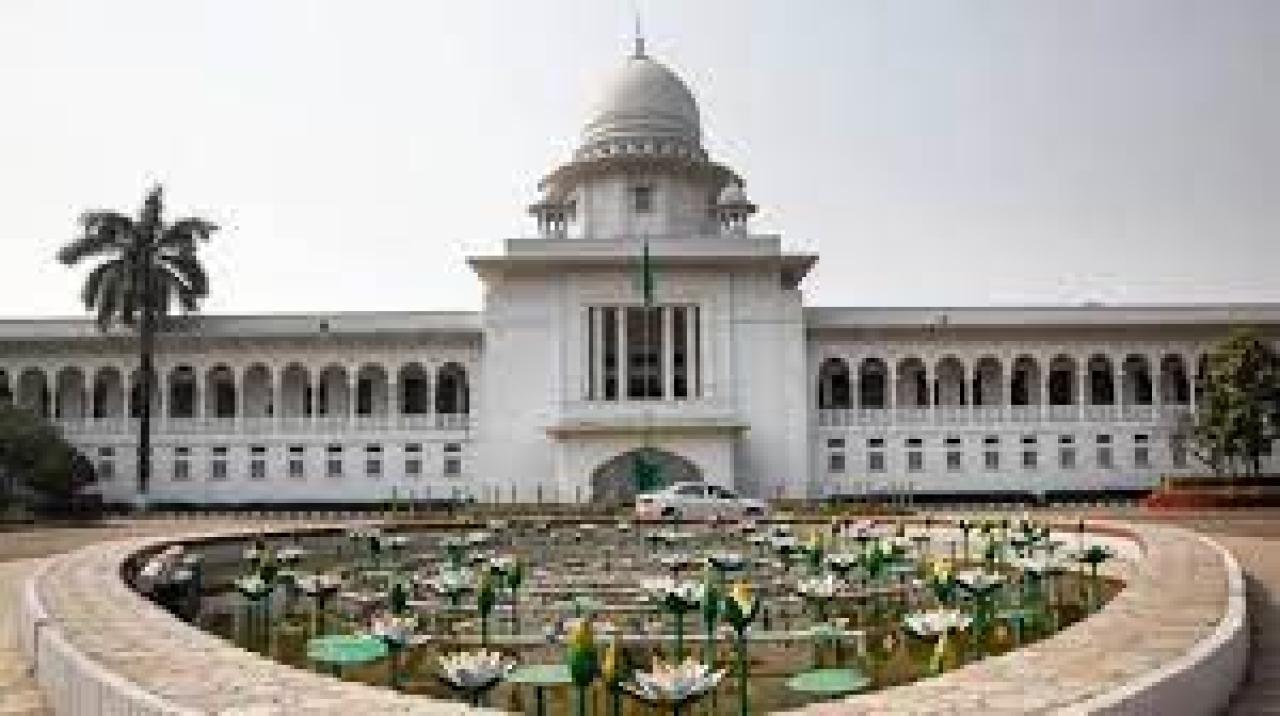A petition filed in the Bangladesh High Court calls for a ban on Indian TV channels, citing concerns over the influence of their content on Bangladeshi culture and youth. The petition highlights provocative broadcasts and the need for cultural protection amidst rising violence against minorities.

X/ File Pic
A writ petition has been filed in the Bangladesh High Court, calling for a ban on Indian television channels, citing concerns over the influence of Indian media on Bangladeshi culture and society. The petition, lodged on Monday by lawyer Ekhlas Uddin Bhuiyan, seeks a directive under the Cable Television Network Operation Act 2006 to halt the broadcast of Indian TV channels within Bangladesh.
The petition requests that the court issue a ruling to prohibit the airing of channels such as Star Jalsha, Star Plus, Zee Bangla, Republic Bangla, and other Indian media outlets, which the petitioner argues have been broadcasting provocative content that contradicts Bangladeshi cultural values. It further claims that these broadcasts are unregulated and are leading to detrimental effects on the country's youth.
The petition, which may be heard by a High Court bench comprising Justice Fatema Najib and Justice Sikder Mahmudur Razi, names several respondents including the secretaries of the Information Ministry, Home Ministry, and the Bangladesh Telecommunication Regulatory Commission (BTRC).
The growing concern over the influence of Indian media comes amid increasing incidents of violence and unrest in Bangladesh, particularly targeting religious minorities. The country has witnessed a sharp rise in violent attacks on Hindus and other minority groups, particularly after the arrest of former priest Chinmoy Krishna Das in late October. He faced charges of sedition for allegedly hoisting a saffron flag above the national flag in Chittagong. Following this incident, attacks on temples and minority communities escalated, with reports of clashes between police and Das' followers, which culminated in the killing of a lawyer in late November.
In light of these tensions, the petition claims that Indian TV channels have been airing content that fans the flames of unrest, further stoking divisions within the country. The petitioners argue that the broadcasts are not only harmful to Bangladesh's cultural fabric but also endanger the security and harmony of the nation.
The rise in violence has prompted India to voice its concerns over the situation in Bangladesh. Last week, Indian Ministry of External Affairs (MEA) spokesperson Randhir Jaiswal expressed alarm over the increasing violence against minorities, warning of the growing influence of extremist rhetoric. India has urged the Bangladeshi authorities to take immediate action to ensure the safety and protection of religious minorities, stressing that such developments should not be dismissed as media exaggerations.
As per ANI, the court hearing for the petition is expected to take place soon, and further developments are being closely monitored.
(With inputs from ANI)
 Subscribe today by clicking the link and stay updated with the latest news!" Click here!
Subscribe today by clicking the link and stay updated with the latest news!" Click here!








